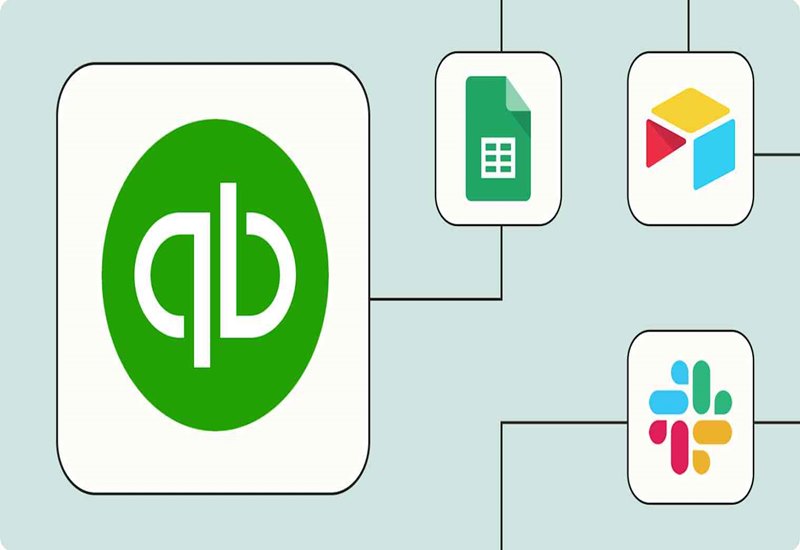The accounting industry is evolving rapidly as technological advancements, regulatory changes, and client expectations reshape how businesses manage their finances. As we look toward 2025 and beyond, billing clerks and accounting firms must adapt to emerging trends to remain competitive and relevant. Here are the key accounting trends to watch that will influence the future of the profession.
1. Advanced Automation Through Artificial Intelligence (AI)
By 2025, AI is expected to play an even greater role in accounting, transforming how billing clerks and firms operate. From automating repetitive tasks such as data entry and reconciliation to generating financial forecasts, AI-powered tools will improve accuracy, save time, and reduce costs.
For billing clerks, AI can streamline invoice processing and payment follow-ups, allowing them to focus on more strategic tasks. Accounting firms can leverage AI to conduct audits, identify anomalies, and provide predictive insights to clients. As AI technology becomes more accessible, its adoption will become a necessity for staying competitive.
2. Blockchain Integration for Greater Transparency
Blockchain technology, known for its secure and tamper-proof ledger system, is poised to disrupt traditional accounting methods. By 2025, more accounting firms and businesses will incorporate blockchain to enhance transparency and accuracy in financial reporting.
Blockchain can simplify audits, reduce fraud, and enable real-time tracking of transactions. Billing clerks may benefit from blockchain-based invoicing systems that ensure payment security and accuracy. Accounting firms can offer blockchain-powered solutions to clients, helping them streamline financial operations and maintain compliance.
3. Real-Time Data Analytics and Insights
The demand for real-time financial data is increasing as businesses strive to make informed decisions quickly. By 2025, accounting firms and billing clerks will rely heavily on advanced analytics tools to track trends, identify risks, and offer actionable insights.
Data analytics will enable firms to provide advisory services, helping clients optimize operations and plan for growth. Billing clerks can use these tools to monitor cash flow, identify late payments, and anticipate financial bottlenecks, ensuring businesses remain proactive rather than reactive.
4. Focus on Sustainability and ESG Reporting
Environmental, Social, and Governance (ESG) reporting will become a central aspect of accounting as businesses face increased pressure to demonstrate their commitment to sustainability. By 2025, accounting firms will expand their services to include ESG reporting and analysis, helping clients align with global sustainability goals.
Billing clerks may play a role in tracking expenses and revenue tied to ESG initiatives, ensuring accurate data for reporting. This shift presents an opportunity for accounting professionals to differentiate themselves and provide value-added services.
5. Increased Adoption of Cloud-Based Accounting
Cloud-based accounting platforms will continue to dominate the industry, offering businesses flexibility, scalability, and cost-efficiency. By 2025, the majority of accounting tasks, from bookkeeping to tax preparation, will be conducted on cloud-based systems.
For billing clerks, cloud platforms simplify invoicing, payment tracking, and reconciliation, allowing for seamless collaboration with other team members. Accounting firms can use these platforms to manage multiple clients simultaneously, ensuring secure access to data and real-time updates.
6. Regulatory Compliance and Digital Taxation
Governments around the world are shifting toward digital tax systems, increasing the need for businesses to stay compliant with new regulations. By 2025, accounting firms will need to navigate complex tax environments and assist clients in adopting digital compliance solutions.
Billing clerks will also need to stay updated on tax regulations, as their role in managing invoices and financial records will directly impact compliance. Firms that specialize in regulatory advisory services will have a competitive advantage in this evolving landscape.
7. Outsourcing and Remote Work Models
Outsourcing accounting functions to specialized firms will continue to grow as businesses seek cost-effective solutions. By 2025, accounting firms offering outsourced bookkeeping, payroll, and tax services will be in high demand.
Remote work models will also become more prevalent, allowing billing clerks and accountants to work from anywhere. Cloud-based systems and collaboration tools will play a crucial role in enabling this flexibility while maintaining efficiency and security.
8. Enhanced Client Experience Through Technology
As competition in the accounting industry intensifies, providing an exceptional client experience will be a top priority. By 2025, firms will adopt advanced communication tools, such as AI-driven chatbots and client portals, to enhance interaction and transparency.
Billing clerks can use these tools to resolve client inquiries quickly, while accounting firms can provide personalized, data-driven insights that build trust and loyalty.
Conclusion The accounting industry is on the cusp of a transformation driven by technology, sustainability, and evolving client needs. By 2025 and beyond, billing clerks and accounting firms must embrace trends like AI, blockchain, and cloud-based solutions to stay ahead. Additionally, focusing on ESG reporting, data analytics, and enhanced client experiences will position firms for success in a competitive market. The future of accounting is not just about numbers—it’s about innovation, adaptability, and delivering value in a rapidly changing world.




